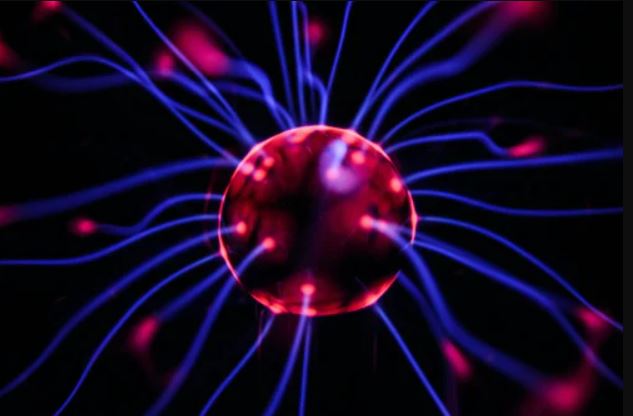Overview Of Huntington’s Disease (HD)
Huntington disease (HD) is a genetic disorder in which nerve cells in certain parts of the brain waste away, or degenerate. The disease is passed down through families.
Commonly Associated With
Huntington’s Chorea (HD)
Causes Of Huntington’s Disease (HD)
HD is caused by a genetic defect on chromosome 4. The defect causes a part of DNA to occur many more times than it is supposed to. This defect is called a CAG repeat. Normally, this section of DNA is repeated 10 to 28 times. But in persons with HD, it is repeated 36 to 120 times.
As the gene is passed down through families, the number of repeats tends to get larger. The larger the number of repeats, the higher a person’s chance of developing symptoms at an earlier age. Therefore, as the disease is passed along in families, symptoms develop at younger and younger ages.
There are two forms of HD:
- Adult-onset is the most common. Persons with this form usually develop symptoms in their mid-30s or 40s.
- Early-onset affects a small number of people and begins in childhood or teens.
- If one of your parents has HD, you have a 50% chance of getting the gene. If you get the gene from your parents, you can pass it on to your children, who will also have a 50% chance of getting the gene. If you do not get the gene from your parents, you cannot pass the gene on to your children.
Symptoms Of Huntington’s Disease (HD)
Abnormal behaviors may occur before movement problems develop, and can include:
- Behavioral disturbances
- Hallucinations
- Irritability
- Moodiness
- Restlessness or fidgeting
- Paranoia
- Psychosis
Abnormal and unusual movements include:
- Facial movements, including grimaces
- Head-turning to shift eye position
- Quick, sudden, sometimes wild jerking movements of the arms, legs, face, and other body parts
- Slow, uncontrolled movements
- Unsteady gait, including “prancing” and wide walk
- Abnormal movements can lead to falls.
Dementia that slowly gets worse, including:
- Disorientation or confusion
- Loss of judgment
- Loss of memory
- Personality changes
- Speech changes, such as pauses while talking
Additional symptoms that may be associated with this disease include:
- Anxiety, stress, and tension
- Difficulty swallowing
- Speech impairment
Symptoms in children:
- Rigidity
- Slow movements
- Tremor
Exams & Tests
The health care provider will perform a physical exam and may ask about the patient’s family history and symptoms. An exam of the nervous system will also be done.
Other tests that may show signs of Huntington disease include:
- Psychological testing
- Head CT or MRI scan
- PET (isotope) scan of the brain
- Genetic testing is available to determine whether a person carries the gene for Huntington’s disease.
Treatment Of Huntington’s Disease (HD)
There is no cure for HD. There is no known way to stop the disease from getting worse. The goal of treatment is to slow the symptoms and help the person function for as long as possible.
Medicines can be prescribed, depending on the symptoms.
Dopamine blockers may help reduce abnormal behaviors and movements.
Drugs such as amantadine and tetrabenazine are used to try to control extra movements.
Depression and suicide are common among persons with HD. It is important for caregivers to monitor for symptoms and seek medical help for the person right away.
As the disease progresses, the person will need assistance and supervision, and may eventually need 24-hour care.



